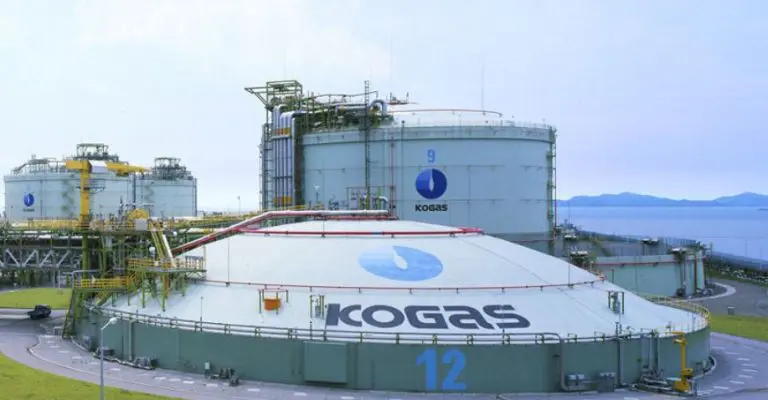This story requires a subscription
This includes a single user license.
State-owned Kogas sold 3.35 million mt last month, compared to 3.48 million mt in March 2024, the firm said in a stock exchange filing.
March sales were also lower compared to the previous month’s 4.21 million mt, which marked a rise of 20.4 percent on the year.
Purchases by power firms dropped 1.4 percent year-on-year to 1.38 million mt in March, and they were lower by 10.7 percent compared to the previous month.
Moreover, Kogas said its city gas sales decreased 5.3 percent year-on-year to 1.97 million mt in March. City gas sales were lower 26 percent from the previous month.
Kogas said in its fourth-quarter report in February that it had sold 34.19 million mt in 2024.
This is down by 1.3 percent compared to 34.64 million mt in 2023.
Kogas said its city gas sales rose by 0.7 percent to 18.46 million mt, while purchases by power firms decreased 3.6 percent to 15.7 million mt.
According to Kogas, residential demand decreased due to rising average temperatures, while industrial demand increased due to the economic recovery trend in the first half and continued export growth in the second half.
Kogas noted total power generation decreased due to an increase in direct import power generation.
Korean LNG imports
Kogas operates 77 LNG storage tanks at five LNG import terminals in South Korea.
The large terminals include Incheon, Pyeongtaek, Tongyeong, and Samcheok, while the firm has a small-scale regasification terminal at the Aewol port on Jeju island as well.
In addition to these facilities, the firm is building a large terminal in the western port city of Dangjin.
According to customs data, South Korean LNG terminals took 4.26 million mt in March this year, a rise from 3.57 million mt in March 2024.
During January-March, South Korean LNG terminals received 12 million mt of LNG, a drop compared to 12.63 million mt in 2024.
Australia was the biggest supplier to South Korea during the three-month period, with 3.75 million mt of LNG, followed by Qatar with 2.01 million mt, and Malaysia with 1.95 million mt, the data shows.
Customs data previously showed that South Korean LNG terminals took 46.3 million mt in 2024, a rise from 44.1 million mt in 2023.

